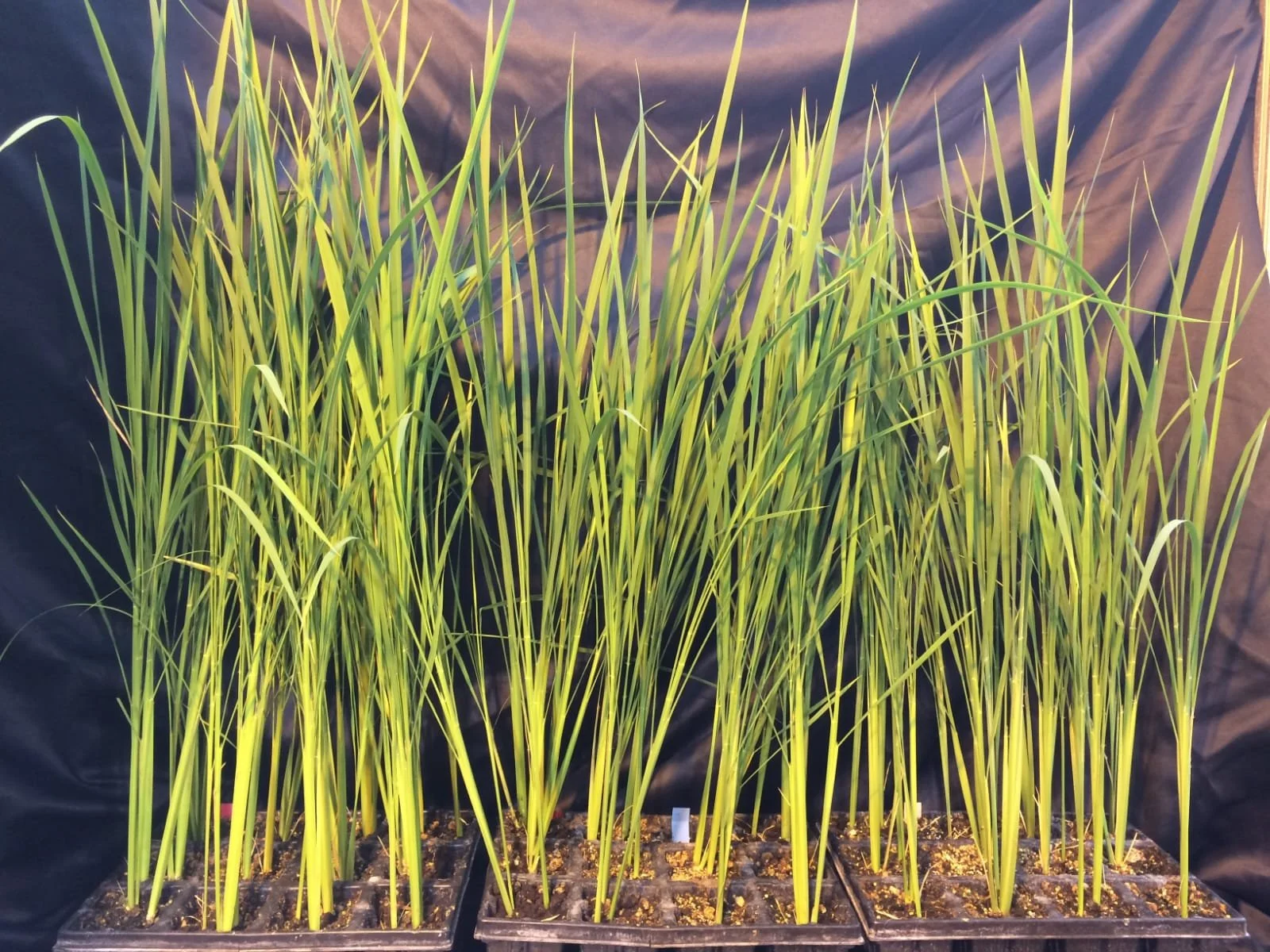According to a recent study, doing less exercise may deactivate a crucial protein in the body, creating more passivity and making exercise harder
Image Credit: wavebreakmedia via Shutterstock / HDR tune by Universal-Sci
Scientists found that the deactivation of the so-called Piezo1 protein (a blood flow detector) lowers the density of capillaries carrying blood to the muscles. The following restriction in blood flow gives cause to exercise becoming more challenging and can, in essence, reduce the maximum performance capacity.
Dr. Fiona Bartoli (lead author of the paper) stated that working out helps safeguard you against diseases such as diabetes, cancer, and cardiovascular disease. Sadly a lot of people fail to exercise the minimum amount required. The less you work out, the less fit you become; it is a downward spiral.
Bartoli: “Although many responses to exercise are known, how the benefits of exercise are initially triggered at a molecular level is mysterious. Our study highlights the crucial link between physical activity and physical performance made at this level by Piezo1. Keeping our Piezo1s active by exercising may be crucial in our physical performance and health.”
Experiment
The team studied two groups of mice throughout the experiment: a control group and a group whose Piezo1 levels had been disturbed for ten weeks.
Walking, climbing, and running wheel activity were all seen within the control group, while the Piezo1 mice exhibited a significant decrease in activity. This shows that Piezo1 plays a key role in maintaining appropriate physical activity.
The researchers looked into whether the Piezo1 mice were less motivated for exercise but found no differences in activity levels or duration between the two groups. Instead, there were fewer running wheel revolutions each training session and a slower running speed, indicating a decreased capacity to exercise but not a decreased willingness to do so.
According to co-author Professor David Beech, the study provides a new perspective on the role of Piezo1 in blood vessels is linked to physical activity.
The findings present a chance to reflect on how loss of muscular function can be managed differently in the future. If scientists somehow manage to activate Piezo1, it might be an aid in keeping our exercise capabilities.
Sources and further reading:
Endothelial Piezo1 sustains muscle capillary density and contributes to physical activity (Journal of Clinical Investigation)
Will you live longer if you start taking it easy as you become older? (Universal-Sci)
Exercise lowers the number of calories expended at rest in obese people (Universal-Sci)
If you enjoy our selection of content, consider subscribing to our newsletter - (Universal-Sci Weekly)
FEATURED ARTICLES:











